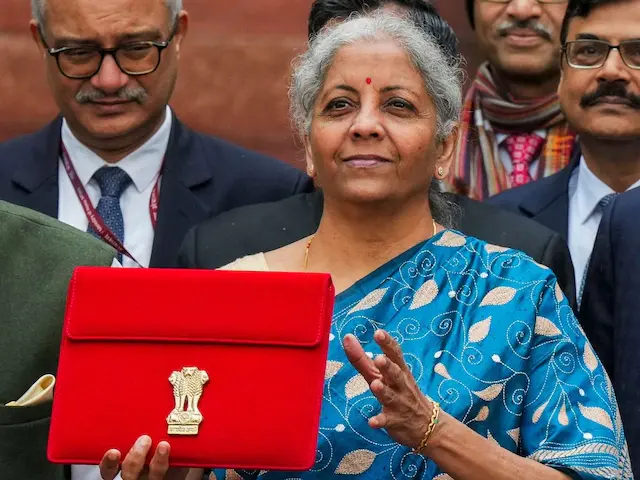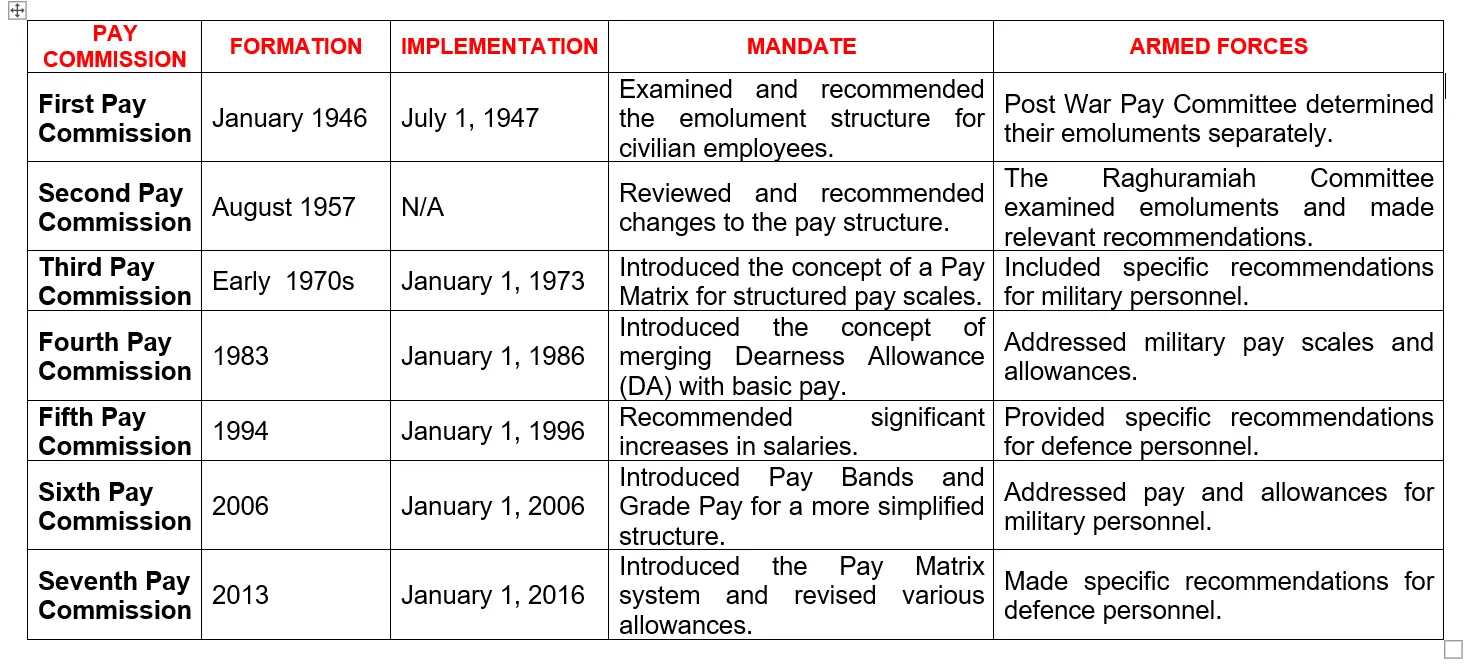
Introduction
The potential announcement of the 8th Pay Commission is a topic of significant importance for central government employees in India. With the Union Budget 2024 around the corner, anticipation and speculation are high regarding whether Finance Minister Nirmala Sitharaman will address this issue. This article explores the likelihood and implications of the 8th Pay Commission being announced.
Background Information
Central Pay Commissions are set up by the Indian government to review and recommend changes to the salary structure of its employees. These commissions have historically been formed every ten years to account for inflation and other economic factors affecting government employees’ compensation. The 7th Pay Commission, for instance, was constituted on February 28, 2014, by then-Prime Minister Manmohan Singh and submitted its report on November 19, 2015. The recommendations were implemented on January 1, 2016. Following this ten-year pattern, the 8th Pay Commission is due to be implemented by January 1, 2026. However, an official announcement has yet to be made.
Current Scenario
Recently, employee unions have intensified their demands for the 8th Pay Commission. The Confederation of Central Govt Employees and Workers, led by Secretary General S B Yadav, has been vocal about this. In a letter to the Cabinet Secretary, Yadav demanded not only the constitution of the 8th Pay Commission but also the restoration of the Old Pension Scheme (OPS), the release of an 18-month frozen Dearness Allowance (DA) and Dearness Relief (DR), and other measures. With the Union Budget 2024 to be presented on July 23, 2024, these demands have gained renewed attention, and there are various speculations about the budget possibly including the announcement of the 8th Pay Commission.
Also Read I MOD Proposes Revision of OROP: 30 Lakh Retired Soldiers To Get Benefited
Key Demands from Employee Unions
The demands from employee unions for the 8th Pay Commission are comprehensive:
- Constitution of the 8th Pay Commission: The government is urged to establish the 8th Pay Commission promptly to review and revise pay structures, allowances, and benefits for central government employees. Implementation is targeted for January 20261.
- Restoration of the Old Pension Scheme (OPS): The Confederation called for reverting to the OPS, which they believe offers better financial security for retirees compared to the National Pension System (NPS).
- Release of the 18-month frozen DA and DR: During the COVID-19 pandemic, Dearness Allowance (DA) and Dearness Relief (DR) for employees and pensioners were frozen. The demand is to release these arrears3.
- Removal of the 5% Ceiling on Compassionate Appointments: The Confederation seek the removal of the restrictive 5% ceiling on compassionate appointments, allowing all dependents of deceased employees to receive such appointments.
- Filling up of Vacant Posts in Government Departments: There’s a strong demand to fill all vacant posts across departments, ensuring job security and consistent service delivery.
- Regularization of Casual and Contractual Workers: The Confederation calls for the regularization of casual, contractual laborer, and Gramin Dak Sevaks (GDS), granting them equal status to central government employees.
- Equal Status for Employees of Autonomous Bodies: Aligning benefits for employees of autonomous bodies with those of central government employees is emphasized.

Economic and Political Considerations
Implementing the 8th Pay Commission could have significant economic and political ramifications:
- Economic Impact: While an increase in disposable income for government employees could stimulate economic activity, it might also strain government finances, especially if implemented immediately.
- Political Implications: This budget marks the first one after PM Modi’s government returned for its third consecutive term. Addressing the fiscal interests of the middle class could be a strategic move, especially given the feedback from recent elections.
Expert Opinions
Financial experts offer varied insights on the potential announcement of the 8th Pay Commission Ritika Nayyar, Partner, Singhania & Co while talking to Economic Times, says while the government may begin preparations, a formal announcement of the upcoming budget is unlikely. Historically, there has been a multi-year gap between the announcement and the implementation of pay commissions, and a final decision will depend on the nation’s economic health and government priorities.
Historical Precedents

If the 8th Pay Commission follows this pattern, it should be implemented from January 1, 2026. However, the official announcement and formation typically occur well before the implementation date, allowing time for thorough review and recommendations.
Government’s Stance
Currently, no official statements have been made regarding the 8th Pay Commission. Factors influencing the decision include:
Economic Health and Feasibility
- The government’s decision-making is closely tied to the country’s economic health. Key indicators such as fiscal stability and growth projections are crucial.
- Implementing major financial changes, like revising pay structures, necessitates a stable economic environment. The government must assess the impact on inflation, fiscal deficit, and overall economic growth.
Budgetary Priorities
- Budget allocations are complex, with each rupee spent in one area affecting funds available elsewhere.
- While it’s essential to ensure fair compensation for government employees, resources must also be allocated to critical sectors like healthcare, education, infrastructure, and defence.
Balancing these priorities requires careful consideration.
Feedback from Employee Unions and Public Sentiment
- Employee unions are vital advocates for the 8th Pay Commission, reflecting the aspirations and needs of central government employees.
- Public sentiment also plays a significant role. The government understands that decisions on pay and benefits impact millions of families.
The voices of employees and citizens significantly shape policy directions.
The 8th Pay Commission’s Timeline
- Traditionally, the Pay Commission is set up every ten years, with the 8th Pay Commission expected to be implemented from January 1, 2026.
- However, no official announcement has been made yet, and over one crore central government employees and pensioners eagerly await clarity on this matter.
The government’s decisions are multifaceted, influenced by both practical considerations and the nation’s pulse. Let’s stay tuned for further developments!

Broader Implications
The announcement and implementation of the 8th Pay Commission would have widespread implications:
- Impact on Central Government Employees and Pensioners: Improved financial security and job satisfaction.
- Ripple Effects on the Broader Economy: Increased spending power among government employees could boost various sectors of the economy.
Conclusion
In summary, while the anticipation for the 8th Pay Commission is high, and employee unions have been vocal in their demands, no official announcement has been made yet. The importance of the 8th Pay Commission for central government employees cannot be overstated, as it directly impacts their financial well-being. As the Union Budget 2024 approaches, it remains to be seen whether the government will address these demands. The decision will significantly influence not only the lives of government employees but also the broader economic landscape.
Want to get Daily Updates on post-retirement Affairs Click here to join Our WhatsApp Group





